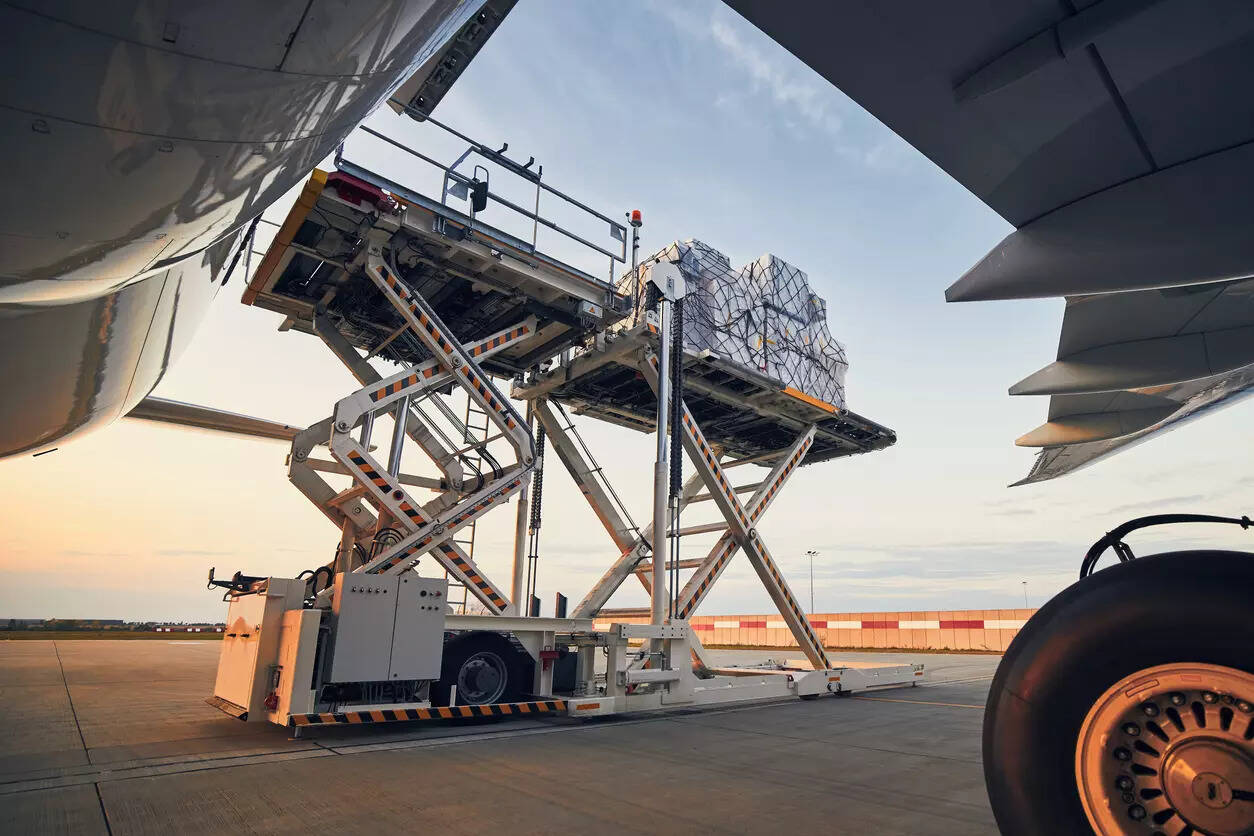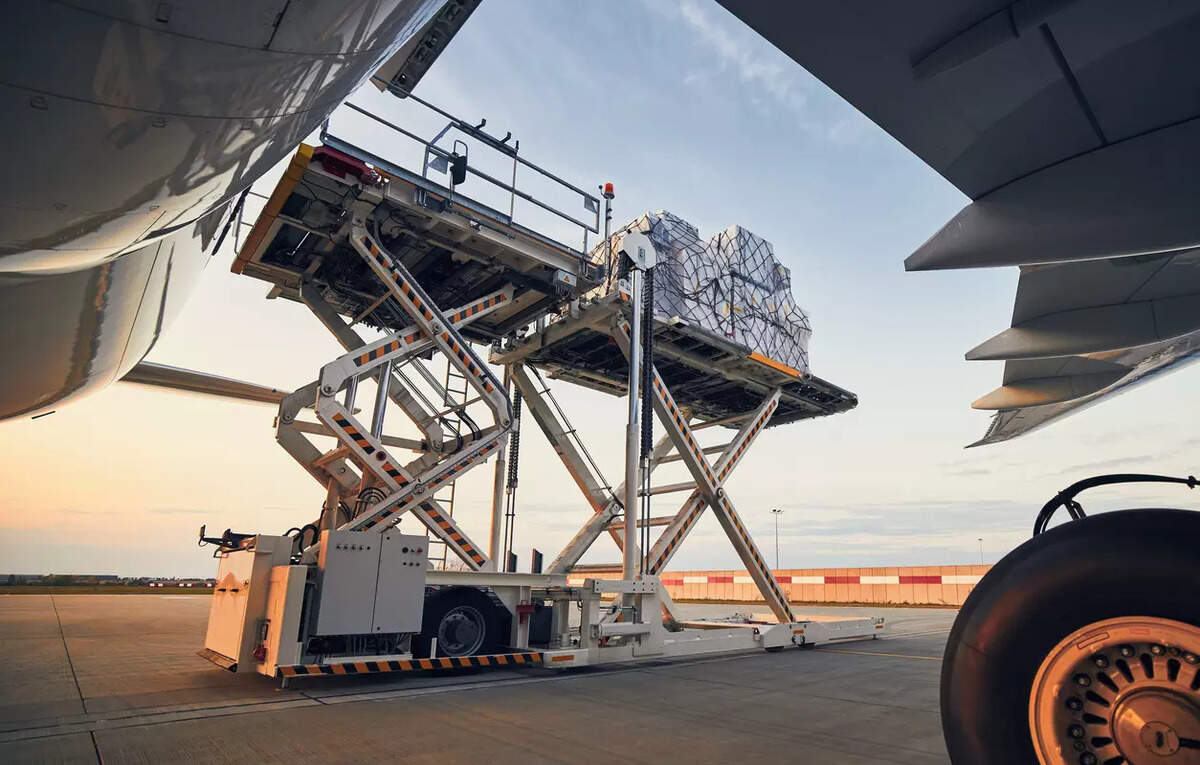
International airlines’ grouping IATA on Tuesday expressed its deep disappointment at Mumbai airport operator MIAL’s decision to stop cargo freighter flights and withdrawal of slots for passenger flights, saying such moves will cause long-lasting damage to the airport’s reputation and credibility. In a strongly-worded statement, the International Air Transport Association (IATA) Head for Worldwide Airport Slots John Middleton urged the operator to immediately withdraw the cuts and said, “we hope Adani Airports, as the operator of the two-airport system in Mumbai, is not using this situation to pressure airlines to move their operations to their upcoming Navi Mumbai Airport”. “We fear, however, that this is an example of airport “capacity gaming” which will harm aviation throughout India and beyond,” he said.
There was no comment from MIAL.
According to Middleton, IATA is surprised and deeply disappointed that Mumbai International Airport Ltd (MIAL) has informed airlines of the unilateral cessation of cargo freighter flights, and a seemingly permanent withdrawal of historic slots beginning next season.
Such a decision can’t be expected from a major airport hub in India and it will cause long-lasting damage to the airport’s reputation and credibility, he said and added that the “discriminatory impact on cargo operations and on certain operators also raises the spectre of reciprocal impact under bilateral air services agreements.
“We urge the central and state governments to ensure that capacity reductions unilaterally mandated by the airport operator are disallowed, since this would adversely impact Mumbai’s air-connectivity, and disrupt passenger and cargo operations at this important gateway airport,” he said.
As per IATA, there is existing international guidance to deal with temporary capacity reductions at airports, which calls for consultation and advance notice rather than the unilateral action taken in this case.
“These guidelines, developed by the Worldwide Airport Slot Board (WASB), were agreed by the Airports Council International, IATA, and the Worldwide Airport Coordinators Group,” Middleton said and added that MIAL also “failed” to adhere to Ministry of Civil Aviation’s Guidelines for Slot Allocation, including its direction to preserve historic rights for future seasons.
IATA has urged MIAL to immediately withdraw these cuts and instead urgently engage with the airline industry in meaningful consultations to minimise disruptions to airline operations, inconvenience to passengers, and loss of air connectivity for Mumbai.
“So far there have been zero details on how MIAL will manage the capacity reduction and mitigate the impact. This does not inspire confidence,” Middleton said.
It is key that MIAL aligns with the WASB’s guidance, Middleton said, adding “we previously recommended to MIAL on how to approach this situation, which unfortunately was not heeded. The approach proposed by IATA, he said, include delaying any reduction in capacity to the start of the Northern Winter season beginning on October 26, 2025 as well as forming a coordination committee for Mumbai Airport and consulting on this issue immediately.
Besides, IATA has asked MIAL to implement protocols for transparent communication between the airport and airlines and develop clear guidelines for the fair distribution of capacity reductions across affected airlines as part of these suggestions.
It has also sought reassurance to airlines that historical rights will be protected in subsequent seasons.
IATA represents around 340 airlines worldwide, including Indian carriers.



